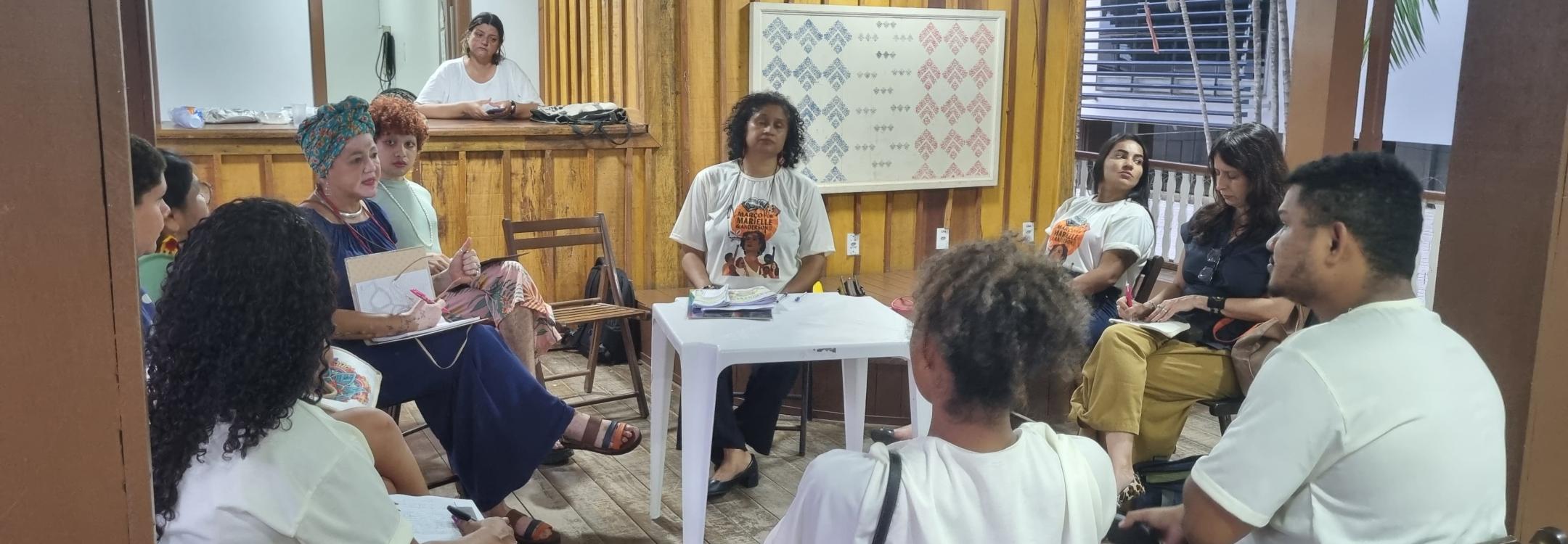
The Association for the Prevention of Torture (APT) recently conducted a four-day mission to Rio Branco, the capital of Acre, Brazil, to support the state-level Preventive Mechanism in fulfilling its mandate. Established in 2023, the Mechanism consists of a team of three experts tasked with monitoring places of detention and strengthening protections against ill-treatment.
Supporting the State-Level Preventive Mechanism
During the visit, APT provided technical advice on the implementation of the Optional Protocol to the Convention Against Torture (OPCAT) in light of Brazil’s anti-torture policy framework and international human rights standards. Discussions centred on challenges that many recently designated mechanisms face, such as building legitimacy and securing independence.
APT’s delegation engaged with key stakeholders, including the Committee to Prevent Torture, the State Secretariat of Human Rights, the State Legislative Assembly, civil society organisations, and relevant institutions responsible for places of deprivation of liberty. Among these were the city Secretariat for Human Rights and Social Assistance, the Institute for Juvenile Justice Facility, and the Ombudsman for the prison system.
This mission marked APT’s return to Acre, having last visited in 2009. It was a privilege to reconnect with partners and witness progress in the state’s anti-torture policies.
Strengthening Legal Safeguards in Detention
A key focus of APT’s discussions in Rio Branco was the implementation of safeguards during the first hours of detention. APT met with longstanding partners in the criminal justice system, such as the Group of Monitoring and Inspection of Prisons, as well as high-level judicial authorities, including the President of the State Court and the General Inspector of Justice.
Working meetings with judges and public defenders centred on data concerning the implementation of legal safeguards within 24 hours of an arrest. This data, extracted from APT’s online platform, Observa Custódia, sheds light on the practice of detention control hearings in Acre. These hearings ensure that individuals have access to legal assistance and medical examinations, as well as provide the opportunity for judicial authorities to verify the physical integrity of the person just arrested.
APT also engaged with professors from the Federal University of Acre and visited judicial facilities to discuss the findings and strengthen collaboration on preventive measures. Importantly, the organisation praised the commitment of the Acre State Court to upholding international recommendations and Brazil’s legal obligations by ensuring that every detainee is presented before a judge in a judicial setting before being transferred to the prison system.
A Continued Commitment to Preventing Torture
APT’s mission to Acre underscores the importance of state-level mechanisms in preventing torture and ill-treatment. Strengthening legal safeguards and ensuring independent monitoring are crucial steps towards fulfilling Brazil’s human rights commitments. APT remains dedicated to working alongside national and local actors to reinforce protections for persons deprived of liberty and uphold human dignity.
“By supporting newly created preventive mechanisms, we help lay the foundation for effective and independent monitoring. Ensuring that safeguards are applied from the very first hours of detention is a vital step in preventing torture and ill-treatment,” said Sylvia Dias, APT Senior Advisor and Brazil Country Representative.

